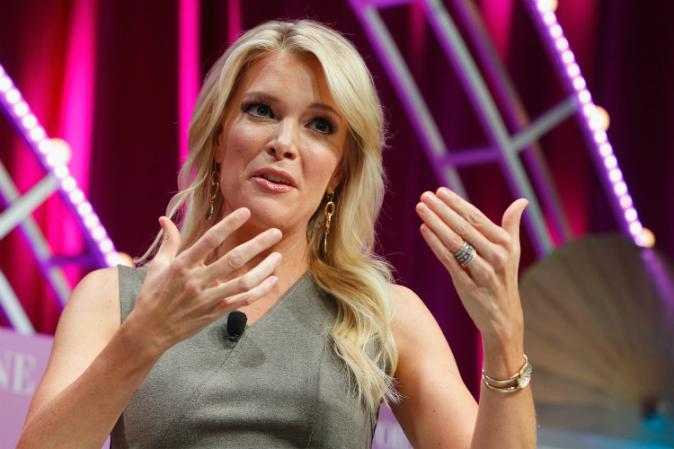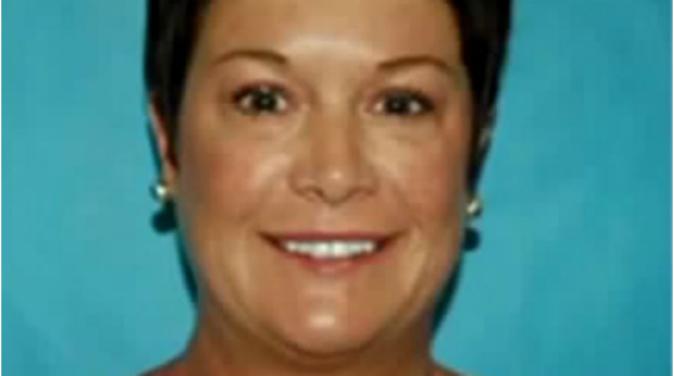The Obama administration looks to curtail the recidivism rates of incarcerated individuals in U.S prisons and jails with a new initiative titled Second Chance Pell.
The Department of Education announced on June 24 that 67 colleges and universities—impacting 12,000 inmates—will participate in a pilot program that will grant incarcerated individuals the opportunity to pursue higher education with approximately $30 million in Pell Grants.
“The evidence is clear. Promoting the education and job training for incarcerated individuals makes communities safer by reducing recidivism and saves taxpayer dollars by lowering the direct and collateral costs of incarceration,” said U.S. Secretary of Education John B. King Jr. “I applaud the institutions that have partnered to develop high-quality programs that will equip these students with invaluable learning. The knowledge and skills they acquire will promote successful reintegration and enable them become active and engaged citizens.”
Funded by the Department of Justice, a 2013 study from the RAND Corporation revealed the importance of correctional education. Those who partook in educational programs were 43 percent less likely to return to prison within three years than those who did not. The U.S. currently houses 2.2 million inmates—the highest of any nation.
“Through this partnership with the Department of Education and institutions of higher learning around the country, this program will help give deserving incarcerated individuals the skills to live lives of purpose and contribute to society upon their release,” said Attorney General Loretta Lynch.
Among the institutes chosen are Bard College (New York), Indiana University of Pennsylvania (Pennsylvania), Rutgers, the State University of New Jersey (New Jersey), Middlesex Community College (Connecticut), and Langston University (Oklahoma).
The aforementioned institutions are to provide federal Pell Grants to eligible students who are incarcerated and are likely to be released within five years of enrolling in coursework. Coursework would either be classroom-based instruction onsite at the corrections facilities, online, or a hybrid of classroom and online instruction.
Joseph Matthews knows the opportunities education can bring. Matthews overcame poverty and incarceration to obtain a psychology degree from Langston University and is currently a doctoral student at Columbia University and is set to obtain a Ph.D. in Urban Education in 2017.
A list of the 67 colleges and universities can be found here.




